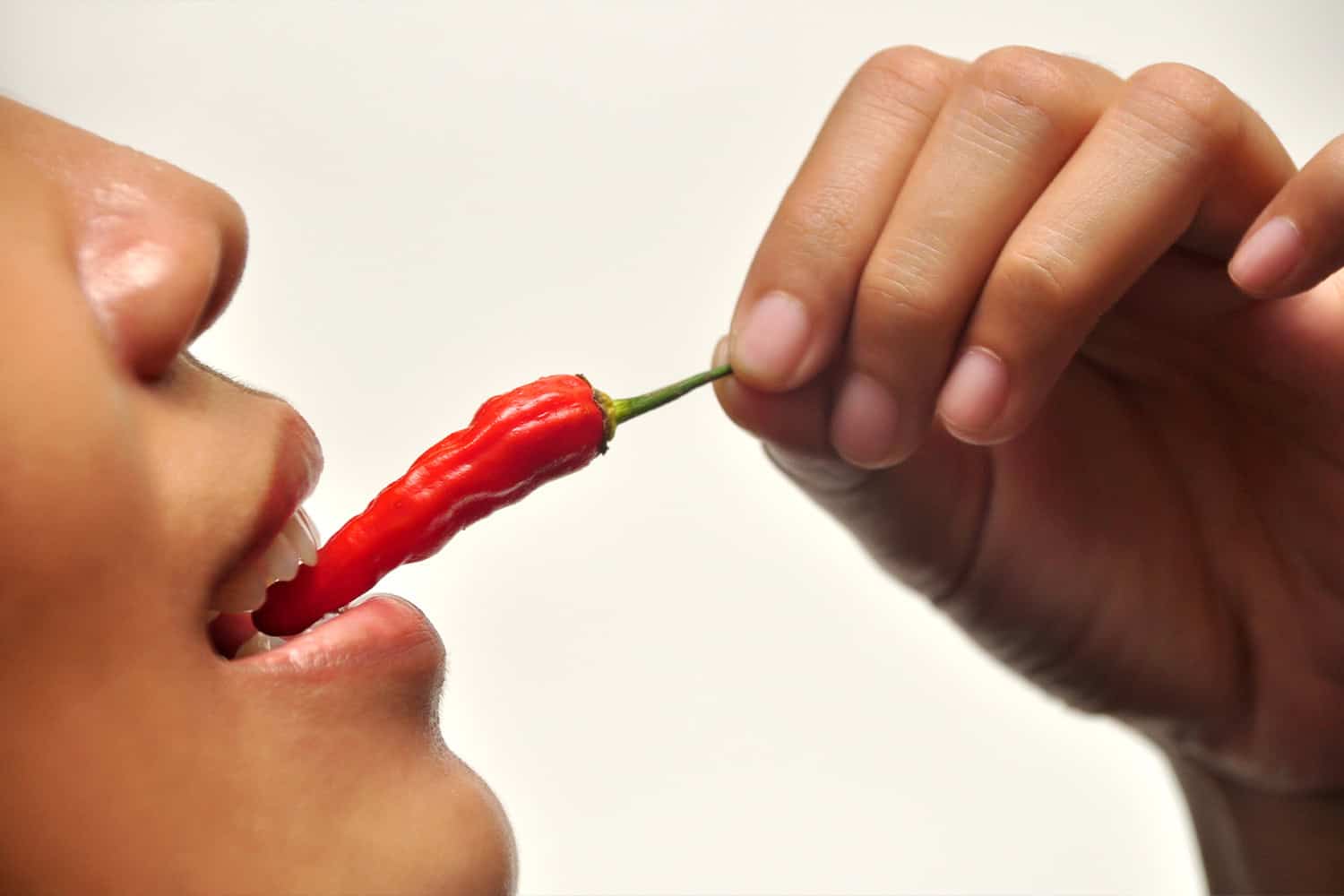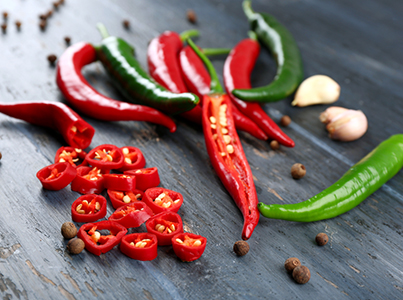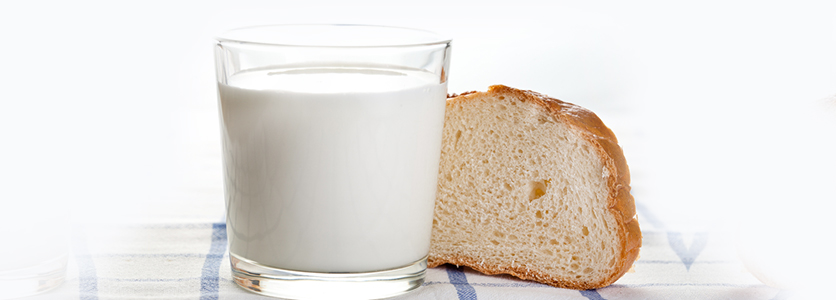The hottest chillies in the world have names that are telling of their scathing taste; Dragon’s Breath, Trinidad Scorpion, Armageddon, and Komodo Dragon, among others. One of the hottest, the ‘Bhut Jolokia’ that is grown in parts of India, is used to make chilli grenades: a non-lethal weapon developed by Indian military scientists, akin to tear gas and used to control rowdy crowds.
Which brings us to the question – can chillies be that hot? Apparently, yes.
The substance that makes food taste hot is called capsaicin. Levels of capsaicin can be measured using the Scoville Scale. The higher the score, the fierier the taste. For example, Scoville readings of the humble capsicum, common red chili and a new breed of chili that outranks ‘Bhut Jolokia’ called the ‘California Reaper’ measure respectively at 0, 500 and 2.2 million!
Since Malaysians love sambal (and all things spicy), let’s find out more about how capsaicin affects our health.
The Expert: Dr Andy Easwaren Vasudevan, consultant internal medicine physician/gastroenterologist from Columbia Asia Hospital – Petaling Jaya.

How does spiciness affect the body?
“Firstly, eating spicy foods can trick the brain into thinking that we are ‘overheating’. This can irritate the lining of our nose, leading to a runny nose and sweatiness. Spicy foods can also trigger indigestion and worsen irritable bowel syndrome if you already have irritable bowel syndrome, that is. Although it may not cause ulcers but it can lead to heartburn because spicy food leads to the relaxation of the lower oesophagus. When the lower oesophagus is relaxed, it is easy for acid to rise from the stomach and cause Gastroesophageal Reflux Disease (GERD).”
How much danger is there in consuming too much spicy foods?
“Spicy food is not usually dangerous but some people are sensitive to spicy food. They may get stomach pains and indigestion after consuming spicy food. Occasionally, they may experience a worsening of symptoms if they suffer from anal fissures or inflammatory bowel disease.
“In its purest form, capsaicin is poison. Some data shows that consuming spicy food can be fatal if you are allergic or sensitive to capsaicin, or if you consume more than 12g of pure capsaicin. Most people cannot even consume even a quarter of this amount. But if you happen to overdo your capsaicin intake, you put yourself at risk of ‘burning diarrhoea’. There are no indicators to track the harms of capsaicin. So you need to be responsible for the way you eat spicy foods.”
Should children or the elderly avoid spicy foods?
“Children and old folks are not more vulnerable to developing health problems due to spicy foods. The elderly can continue to eat spicy food until they find it intolerable or if it gives any disturbances. It all depends on how the stomach tolerates the spicy food intake. Track bowel habits to have an idea.”

What are spicy food items one should stay away from if one has a sensitive stomach?
“Any spicy food that irritates the individual. This is determined through trial and error as each individual comes with a different threshold.”
Are there any health benefits of eating spicy foods?
“Eating spicy foods can help promote weight loss and create a feeling of fullness, causing you to eat less. In addition, a longevity study carried out by the Harvard School of Public Health in 2015 showed that people who consume spicy foods six to seven times a week, tend to live longer!”
Why do some people seem to be able to take more spiciness than others?
“Capsaicin stimulates certain receptors in humans which detect spiciness and temperature. Some people can tolerate very spicy food more than others because they may have lesser receptors on their tongue.”

Can we get addicted to spicy foods?
“Yes. That’s why sometimes you see someone complaining that the food they are eating is too spicy but they continue eating and even have second helpings! When spicy food is consumed, the capsaicin tricks the brain into thinking that it is ‘burned’. Thus, the brain releases endorphins. These are a natural pain-relieving substance akin to morphine. This means when people eat food that is high in capsaicin, they actually get somewhat ‘intoxicated’ from eating the spicy food.”
What can we do in order to stop the tongue stinging from spicy foods?
“The most common way is to drink milk or eat yogurt. Dairy products contain a certain protein called casein that helps break up capsaicin, relieving the tongue of that burning sensation. Some people consume a teaspoon of sugar. Bread and rice also soak up the capsaicin and maybe that’s why curries taste better when eaten with bread and rice! Actually if you leave it be, it will go away but only after some time.”
Share:
Was this article helpful?
Share:
Was this article helpful?
Health Packages
Elevate your health with tailored health packages at Columbia Asia Hospital. Take charge of your health journey today.

